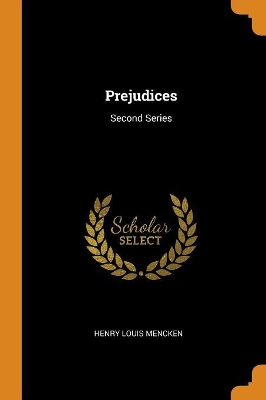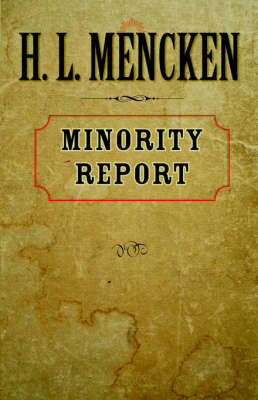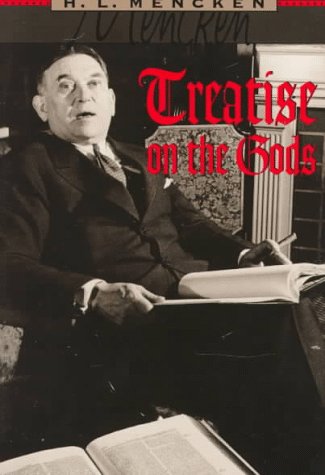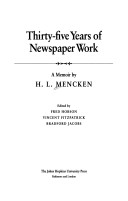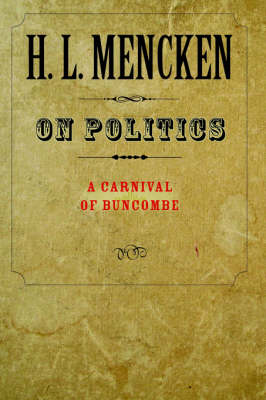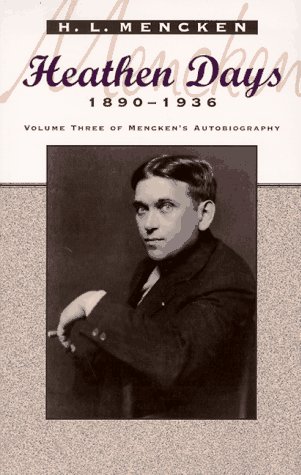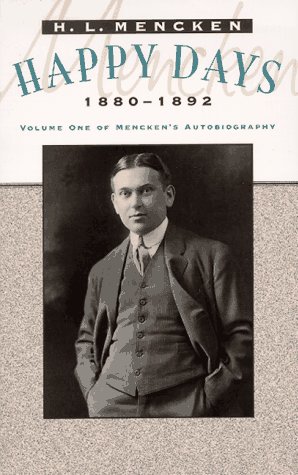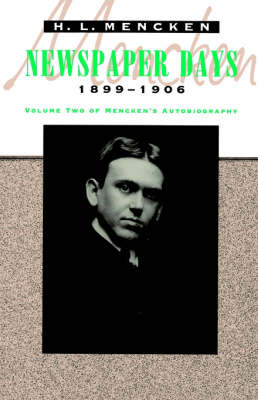Maryland Paperback Bookshelf
8 total works
"It is Tertullian who is credited with the motto, Credo, quia absurdum est: I believe because it is incredible. Needless to say, he began life as a lawyer." Mencken is no less interested in the dissidents: "The Reformers were men of courage, but not many of them were intelligent." Against the old-time religion of fellow countrymen, Mencken posed as a figure of old-time skepticism, and he reaped the whirlwind. Controversial even before it was published in 1930, 'Treatise on the Gods' remains what its author wished it to be: the plain, clear challenge of honest doubt.
He writes about the "inevitable" war and likely fate of Germany's Jews during a final visit to his ancestral homeland in summer 1938. And he describes colourful Baltimore personalities, shares local gossip, and offers candid - usually unflattering - portraits of the politicians and clerics he mostly despised.
